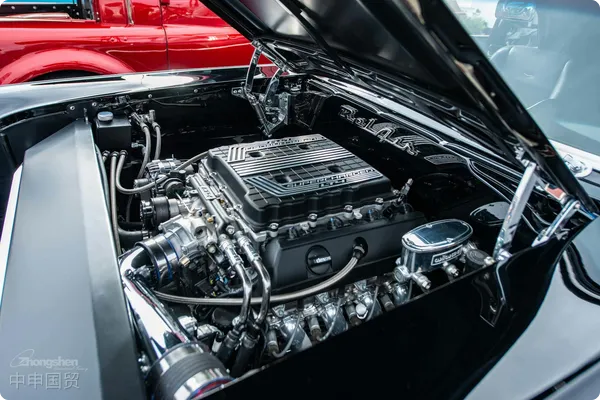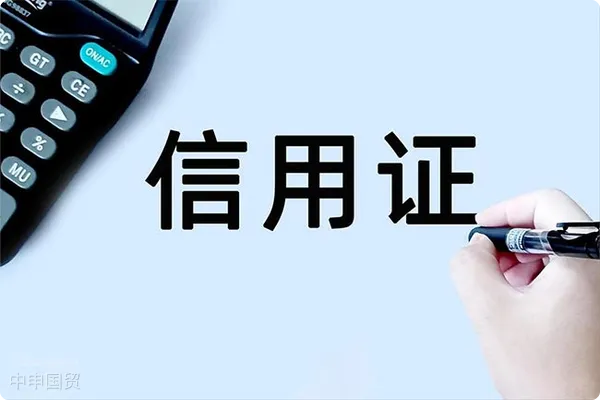- Shanghai Zhongshen International Trade Co., Ltd. - Two decades of trade agency expertise.
- Service Hotline: 139 1787 2118
Relevant Introduction
foreign tradeCommon foreign exchange payment methods include L/C (Letter of Credit), T/T (Telegraphic Transfer), D/P (Documents Against Payment), D/A (Documents Against Acceptance), and O/A (Open Account). Different payment methods entail varying levels of risk.
The most common settlement method in international trade. The greatest advantage of L/C is the use of bank credit as payment security. However, the following points should be noted when using L/C:L/CConduct credit checks on the issuing bank. If the issuing bank has poor credit, the beneficiarys rights cannot be guaranteed. The L/C should be replaced or confirmed by a qualified third-party bank to avoid issuance by small or low-credit banks. Verify the issuing banks creditworthiness. If the issuing bank has poor credit, the beneficiarys rights are unprotected. The L/C should be endorsed by a qualified third-party bank to avoid issuance by small or low-credit banks.

T/T (Telegraphic Transfer)
Letter of credit
Set appropriate L/C terms to avoid soft clauses imposed by the counterparty.
Conduct credit investigation of the issuing bank. If the issuing bank has poor credit, the beneficiarys rights cannot be guaranteed. The letter of credit should be replaced or confirmed by a qualified third-party bank to avoid issuance by small or poorly reputed issuing banks. Verify the issuing banks creditworthiness. If the issuing bank has poor credit, the beneficiarys rights are unprotected. The letter of credit should be endorsed by a qualified third-party bank to avoid issuance by small or poorly reputed issuing banks.
Set appropriate letter of credit terms to avoid the counterparty setting soft clauses.
The documents we negotiate must strictly conform to the letter of credit requirements - no discrepancies are allowed.
D/P (Documents Against Payment)
Telegraphic transfer
While this is a relatively secure method for receiving trade payments, its not without risks. Please keep the following points in mind when using T/T settlement:
Please carefully verify whether the remittance details match your account information. If you havent received the payment within the specified time, you should inquire with the banks clearing department about whether the remittance was actually sent.
To maintain control over goods, handle transportation procedures yourself. For better cargo control and reduced foreign exchange risks, its advisable to use internationally recognized trade terms like CIF, CFR, CPT, or CIP.
For large contract amounts with small advance payments, exporters should include partial shipments and partialA complete export agency agreement should be attached with:payments clauses in contracts to mitigate risks of unrecovered large lump-sum payments.
D/A (Documents Against Acceptance)
documents against payment
In D/P transactions, banks dont examine document contents nor have payment obligations. Therefore, when using D/P, exporters should minimize risks by:
Conducting thorough credit investigations to understand the importers credibility.
Selecting established, reputable collecting banks - avoid using importer-nominated banks which might be unreliable.
Always use CIF or CIP terms when signing contracts and arranging insurance. Since banks assume no payment responsibility in collections, exporters risk losing both goods and payment if importers default.
Exercise extra caution when using collection methods in countries with strict foreign exchange and trade controls.
To maintain cargo control, always use transport documents that represent title - specifically bills of lading, which are shipping documents that confer ownership rights.
O/A (Open Account)
Acceptance
D/A, the full English name is Documents against Acceptance, which means documents are delivered to the importer against acceptance of a time draft.
Exporters should maintain strict caution with acceptance methods. Since importers obtain shipping documents before payment, they can take possession of goods. If buyers later default, exporters may lose both payment and goods.
The acceptance procedure requires the drawee to sign the draft, mark it Accepted with date, and return it to the holder. Regardless of subsequent endorsements, the original drawee must honor the payment upon maturity.
There are various payment methods. Below are several common international trade payment methods for reference.
sell on credit
O/A (Open Account) means selling on credit. This settlement method is generally avoided in international trade as payment security depends entirely on importers credit without third-party endorsement - especially risky during economic downturns. Always prepare for bad debt provisions when using O/A.
PayPal
Independent foreign trade websites frequently interact with PayPal, whose international payment channels suit most regional customer habits. However, PayPal withdrawals are impractical domestically due to $50,000 foreign exchange limits, high fees, and strict seller account requirements - accounts freeze easily upon complaints.
Related Recommendations
? 2025. All Rights Reserved. Shanghai ICP No. 2023007705-2  PSB Record: Shanghai No.31011502009912
PSB Record: Shanghai No.31011502009912










